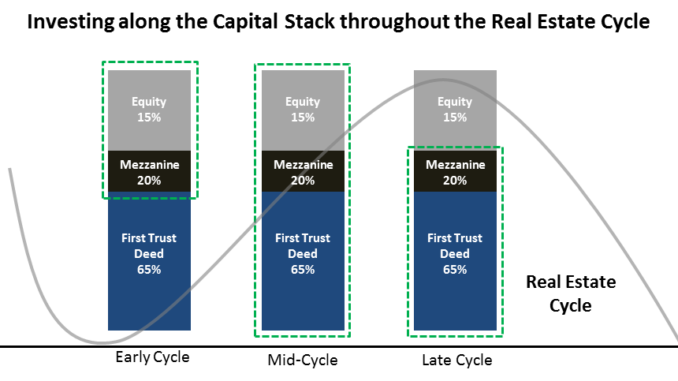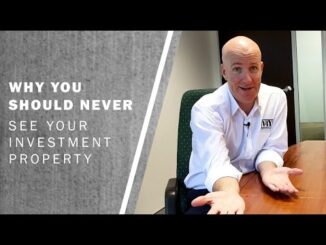
It is most generally acknowledged that the person’s early years such as the twenties is the best time to start investing. After all, you have all of life ahead to invest money which is why so many books on investment – most actually – are geared towards the twenties. Fewer are towards the thirties, and even fewer towards the forties and retirement. This may be partly why trust deed investing is so appealing. In today’s low-return low-interest-rate environment, trust deed investing is one of the few investment options that can help you substantially increase the amount of your monthly income. And little expense is involved. (Although risk is another matter).
What is trust deed investment?
Trust deeds are like a private real estate loan. If you’re a real estate entrepreneur (for instance) who wants to snap a fast loan to rehab a piece of property in order to sell at a profit, trust deed investors may be your best choice. They’d give you the loan in a blink’s eye far faster than the bank where it takes drawn out negotiations and filing of hefty tomes until you get that loan. (If at all). The average amount of time is 60 days. Some entrepreneurs cannot wait that long. They need to snap that deal and that’s where the trust deed investor comes in handy. He forks over your required funds within that same week, sometimes that same day at 1/3rd of the paperwork and nil of the stress. The downside is that the borrower pays a much higher rate than he might for a mortgage, typically 8% to 12% (since the investor is taking more of a risk).
How does it work?
The process is such that the buyer works through a third-party loan originator who underwrites and facilitates the loan for one year. Schedules can be restructured, but generally the borrower makes interest-only payments each month and a balloon payment of the principal once the loan reaches its maturity.
So let’s say you’re the investor and you fund 250,000 at 10% APR, you’ll either receive 12 interest payments of $2,083 each, totaling $25,000, and at the end of the year, get back your $250,000. Or, in the worst case scenario, you pocket the defaulting borrower’s land.
Other things you’ll want to know…
There’s no set minimum for investing in a single trust deed. They can be fractionalized – that is, divided into several portions – but loan originators generally prefer to deal with one investor per loan.
Finding trust deeds to invest in can be difficult. Your best bet may be to find an experienced broker or advisor with a history of success. These have likely established relationships with originators and you can work through them. If you don’t want to hunt these deals down, you might invest in a trust deed fund run by a professional manager. These funds currently pay between 8% and 11% per year and have minimum investment amounts that start around $50,000.
To acquire credibility, you may want to consider running for SEC licensing.
Pluses of investing in trust deeds
The pluses are particularly topical now with the Fed hiking its interest rates and maybe hiking them still higher. Trust deed investments protect you from the shenanigans for rising rates because they’re held to maturity and have short durations. You can also use any sort of cash to invest. You automatically have the right to foreclose on any property when the borrower has defaulted on the loan. Trust deed investing can open the door to other investment opportunities. It also offers a return on investment that comes in at higher than average; expect a typical return of 9 to 14 percent. And, if managed well, this type of investing is secure. This is because it has a guaranteed yield.
Minuses of investing in trust deeds
The obvious minus is the very likely possibility of your investment defaulting, namely the borrower not paying you back. This happens to approximately 85 % of private money lenders at some time in their lives, some more than others. Redfin, a residential real estate company that provides web-based real estate database and brokerage services, predicts that it is going to happen to many more this coming year when housing prices are going to lurch beyond restraint
Managing risk…
How can you prevent losing your money? Experts strongly advise lenders to research client’s credit history and trustworthiness. They also recommend that you research the value of the client’s property and the extraneous market environment to the point that you physically investigate the building yourself. If you’re not up to this, consider hiring an advisor with experience in this market. Before you invest, analyze a fund’s portfolio and the loan loss reserves. As with individual trust deeds, you may want to have a professional do this.
In short…
NerdWallet, one of the leading advisory websites on investments has this to say: If you exercise due caution, trust deed investments can be a great income generator at a time when investments that produce good returns are few and far between.
You may want to consider it.
Proudly WWW.PONIREVO.COM
by Yanni A Raz



